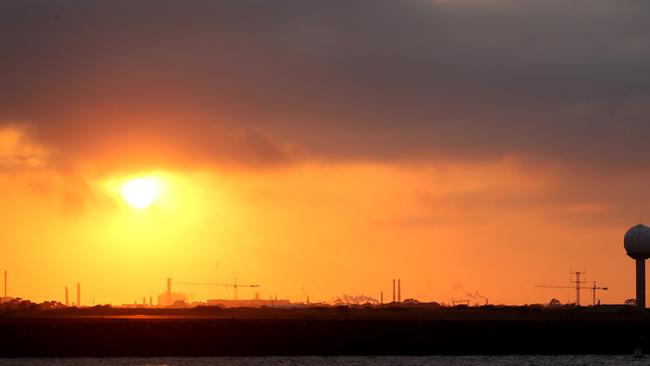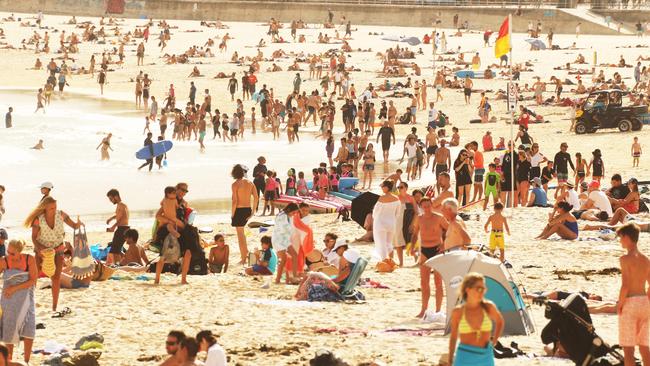Sydney could 50C weather according to new report
Climate change could sentence Melbourne and Sydney to 50-degree days by the turn of the century, with other Australian cities also on track for unprecedented extreme heat, a new study warns.
NSW
Don't miss out on the headlines from NSW. Followed categories will be added to My News.
Climate change could sentence Melbourne and Sydney to 50-degree days by the turn of the century, with other Australian cities also on track for unprecedented extreme heat, a new study warns.
The study, led by the Australian National University, warns that even if the world keeps its Paris climate change pact commitments to limit warming to well below two degrees, Australia will be baking.
“Major Australian cities, such as Sydney and Melbourne, may experience unprecedented temperatures of 50 degrees Celsius under 2 degrees of global warming. The increase in Australian summer temperatures indicates other major cities should also be prepared for unprecedented future extreme heat,” says lead climate researcher Dr Sophie Lewis.
Those changes are likely to see Australia smash summer heat records more frequently, she warns.
“One of the hottest years on record globally - in 2015 - could be an average year by 2025,” she says.

“We have to be thinking now about how we can be prepared for large population groups commuting to and from the CBD on these extremely hot days, how we send young children to school on 50C days, how our hospitals are prepared for a larger number of admissions of young or old people, and how our infrastructure can cope with it,” Dr Lewis reported.

“A lot of warming is locked into the climate system and we really have to be prepared for extremes in the future to get much worse than they are now,” she said.
“We’ve already seen an increase in excess heat deaths in heatwaves in 2009, due to those extreme heatwaves, and that’s likely to occur even more under these 50C days.”

Dr Lewis said while 50C days had been experienced in rural areas, the impact on Sydney and Melbourne would be different.
“In the city we have a lot more concrete and a lot less air flow, there’s a lot less ability to escape from the heat,” she said.
Researchers used a combination of observations and modelling to assess how record-breaking events may change in the future.
The research, supported by the Centre of Excellence for Climate System Science, has been published in Geophysical Research Letters.


